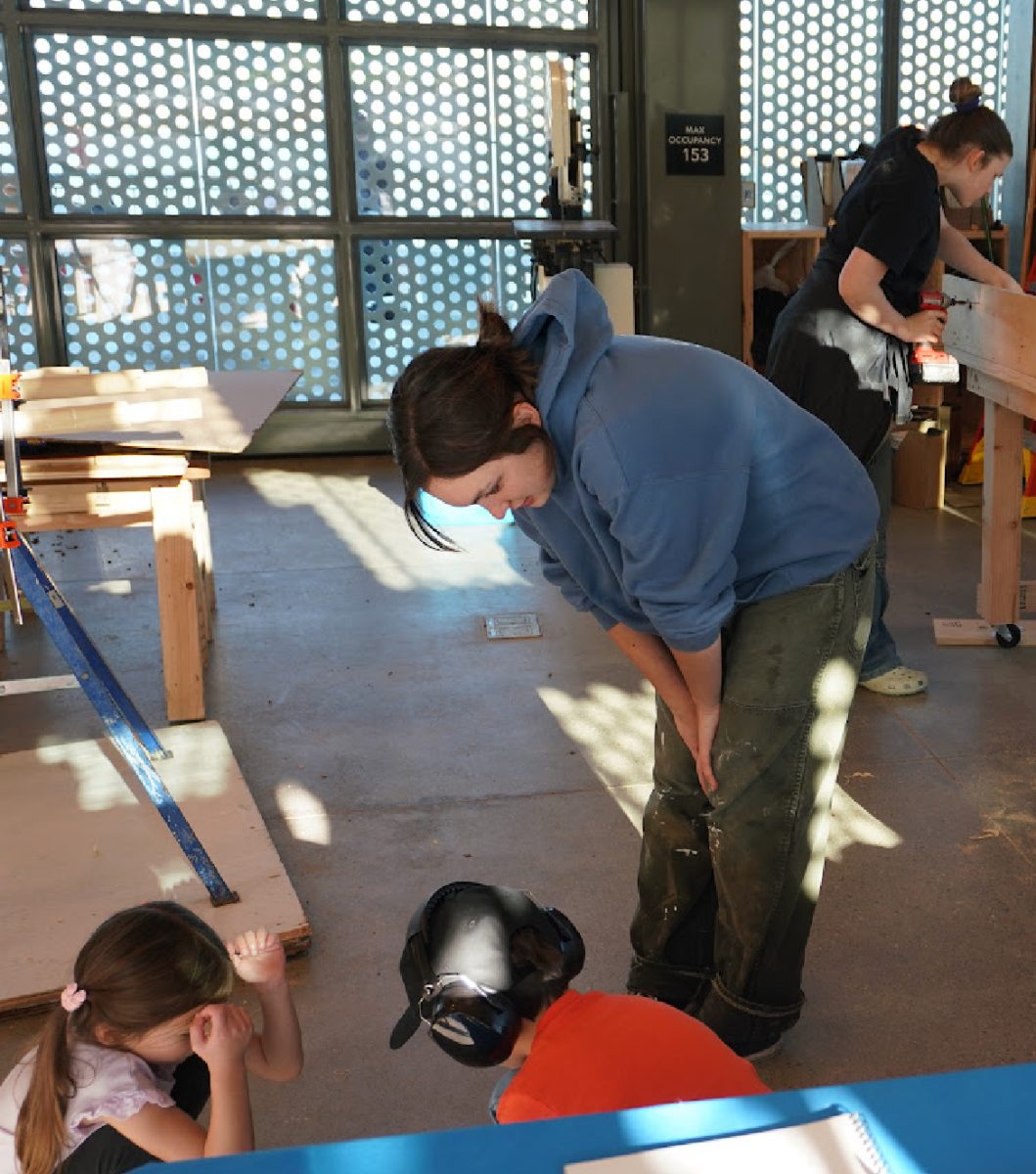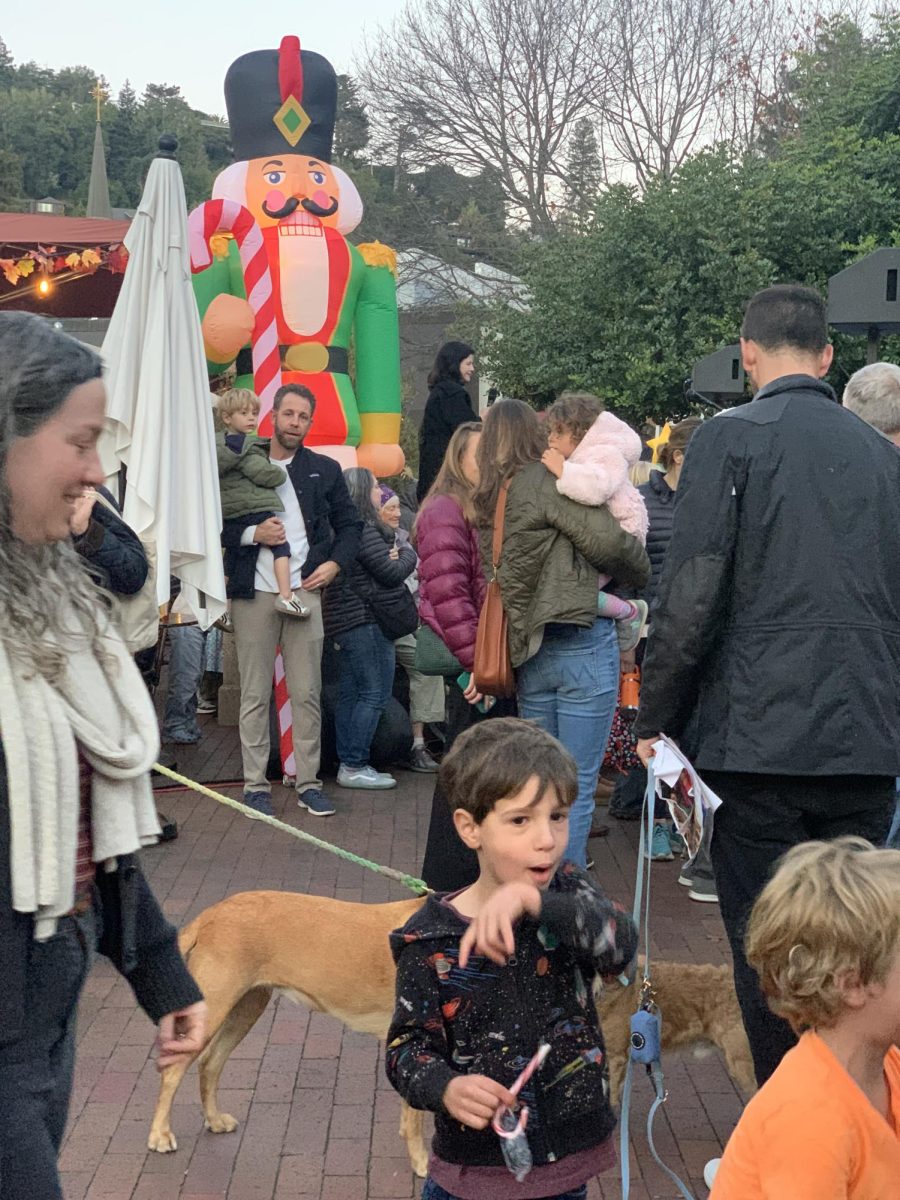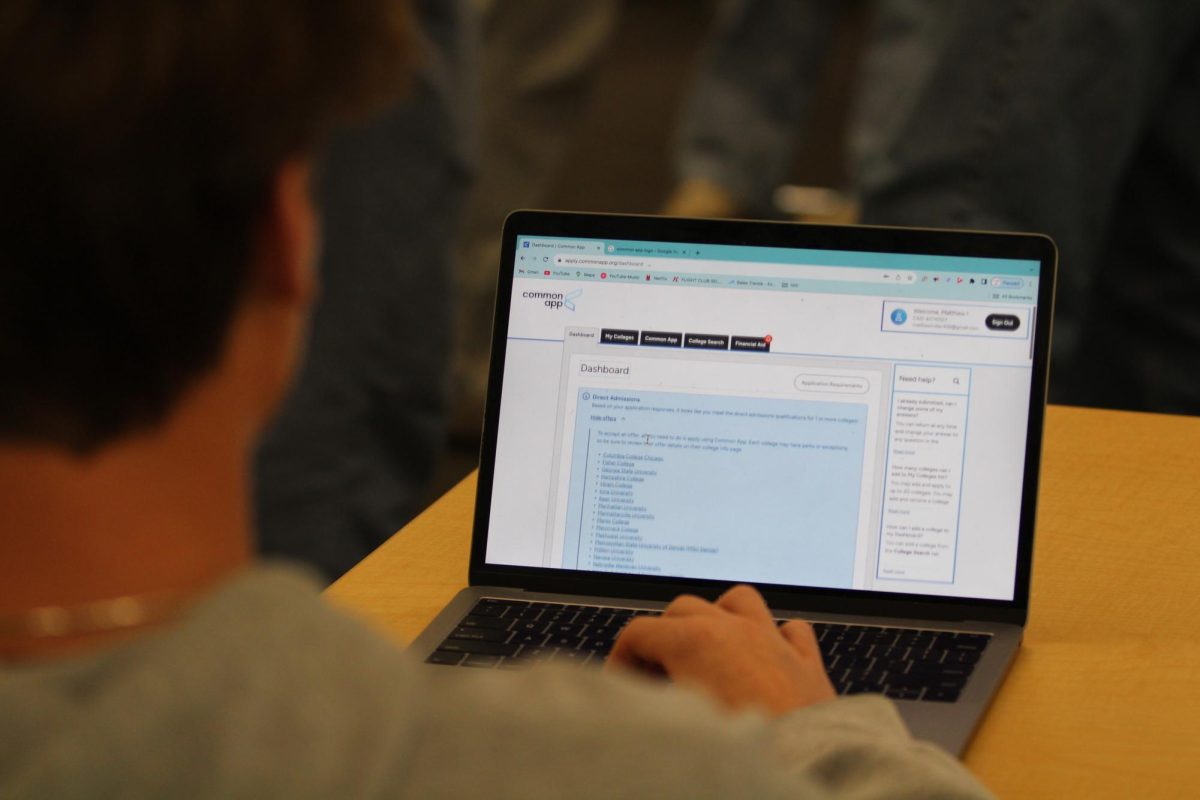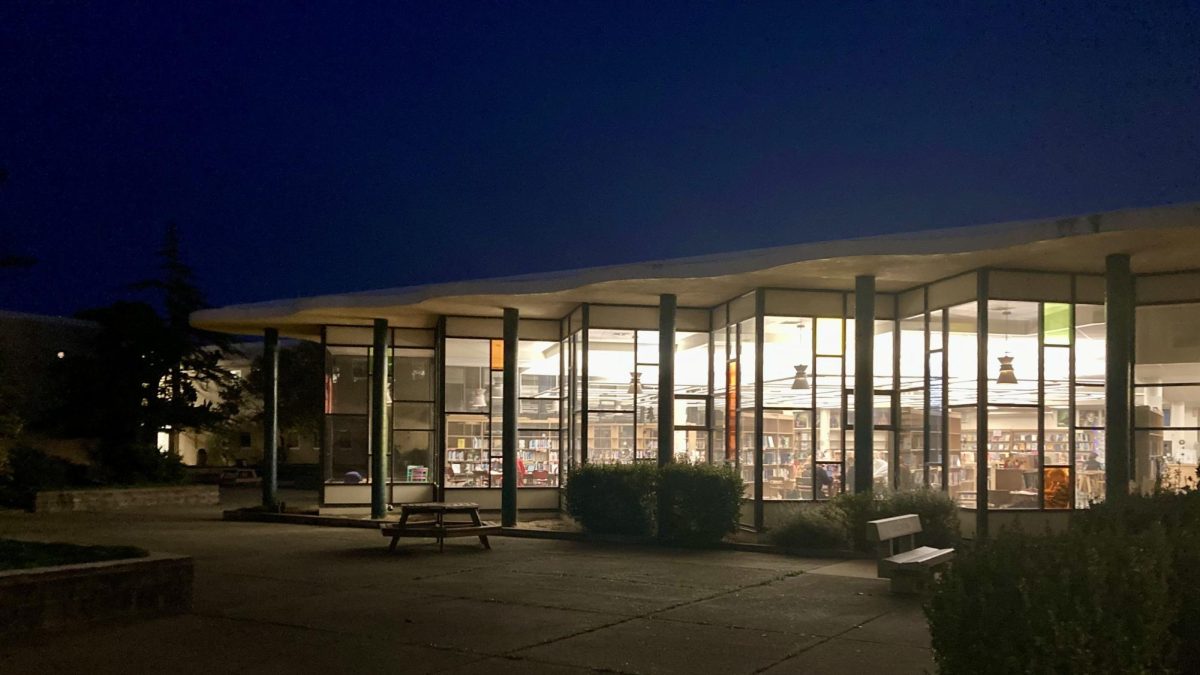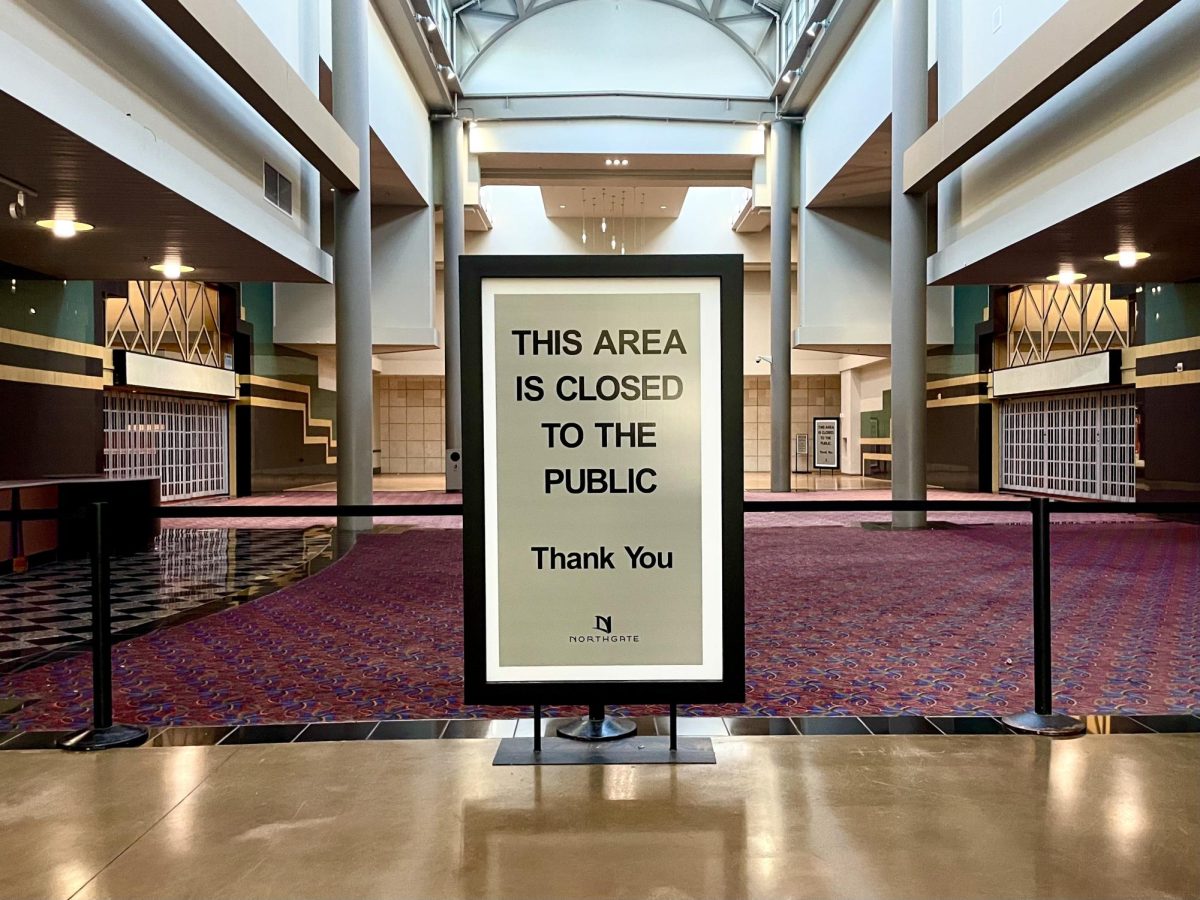
The San Rafael Police Department (SRPD) is two months into a 90-day trial run for officers to use body-worn cameras identical to the wearable video cameras used by the Tiburon and Belvedere Police Departments.
Four officers at the SRPD were selected to test these video cameras manufactured by Vievu in four different situations: during the night, during the day, on a bike, and on a motorcycle.
The purposes of the video cameras and audio recorder devices are to preserve a better record of conversations and interactions with citizens, and to prevent confrontations with police.
It is too early to tell if the trial cameras have had an impact on the the crime or arrest rates according to San Rafael body camera project manager Jim Correa.
The 90-day trial’s biggest issue currently is with the computers. The sheer amount of data takes up too much space for the SRPD computer system because each officer is recording one to four hours a day.
These video cameras not only help boost the officers’ accountability, but citizens are benefiting the too.
“I see some benefit with underage people who are pretty intoxicated so it’s good to show these people under the influence what was going on,” Correa said.
Even though the police departments tried to advocate the use of their body cameras and hope that they are a deterrent, many citizens are unaware.
“I’ve been in a few cars that have been pulled over in Marin and I have never noticed these cameras,” junior Jake Racich said.
“The public increasingly wants to see transparency, so it’s a good way to show controversy and it helps us reduce citizen complaints against officers,” Correa said.
“This is just another tool to aid us in accuracy and oversight,” Belvedere police officer Paul Sims said.
Officers turn their $800 video cameras on when they receive a call and are dispatched for a report. Any dispute that could have emotional people is important to capture directly with the recording, according to Chief of Belvedere Police Patricia Seyler.
Every officer on duty who has been contacted by a concerned citizen clips their wearable video camera onto their uniform, usually above their chest, to set the recording. These cameras are used at places like bars, houses, or traffic accidents where people’s emotions are important to record.
“I can look at those conversations and see the most accurate view of what happened,” Chief of Tiburon Police Department Michael Cronin said. “There is no question that this device has improved the quality of our work.”
These cameras are believed to have a significant role in the future for police. “In ten years from now, it will be hard to see police without them,” Cronin said.
The Tiburon Police Department first purchased these cameras in 2009 after an officer suggested the upgrade to try them out. Cronin agreed to suit every officer with a recording camera in 2010 after recognizing their practicality. The Belvedere Police Department first began using these video cameras a year ago.
According to Seyler, while the video only shows part of the environment, the technology is a step in the right direction.

